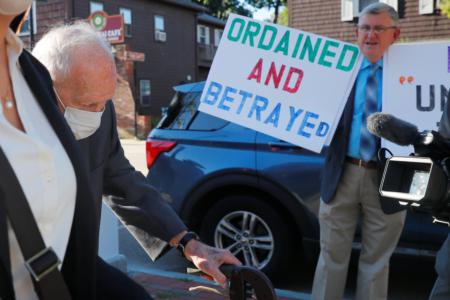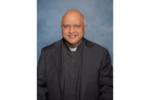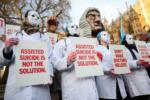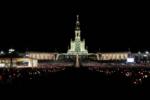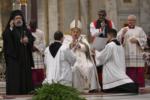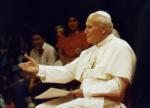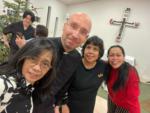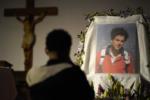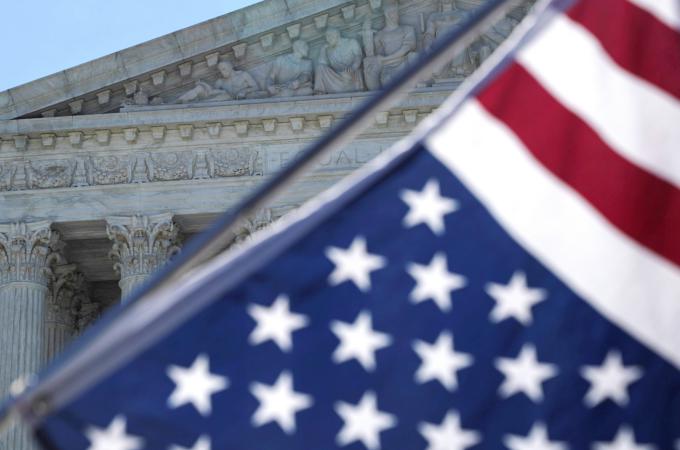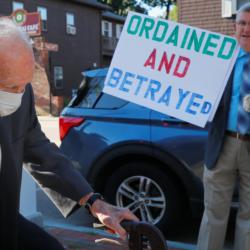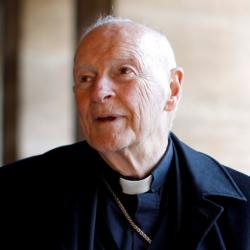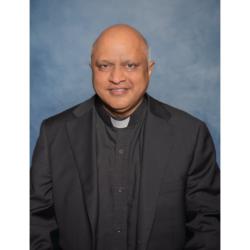The Kennedy Succession
For Americans on both sides of social issues like abortion and same-sex marriage, the retirement of Justice Anthony Kennedy from the Supreme Court has created a crucial moment. As the court's swing vote, Kennedy was a powerful supporter of both things, and his departure brings with it the expectation of change.
But what sort of change will it be? President Trump has promised to nominate conservative, prolife justices, and with the naming of Justice Neil Gorsuch to the court last year he delivered. Now Senate Democrats will fight to defeat anyone else he names. Look for a battle royal ahead.
Three decades ago Kennedy was confirmed by a vote of 97-0, but things are vastly different--in the Senate and in the country -- today. The polarization afflicting the nation and our politics is reflected in the polarization now routinely accompanying the selection of a justice. Conflict over social issues like abortion and same-sex marriage lies at its heart.
As attention shifts to the succession fight, it's important not to lose sight of the role Kennedy played for the light it can shed on issues that the Supreme Court will face down the road.
Although he had a key part in decisions that legalized same-sex marriage and protected legalized abortion, his libertarian leanings moved him to back those who dissented from these things on grounds of conscience. Two cases near the end of the court's recently concluded term illustrate the point.
In one (Masterpiece Cakeshop v. Colorado Civil Rights Commission), Kennedy wrote the majority opinion in a 7-2 decision which found that the state commission showed anti-religious bias against a baker whose evangelical faith led him to say no to a same-sex couple who wanted him to bake their wedding cake. But Kennedy also strongly suggested that, except for the boorishness of some commission members, the baker would have lost.
As if to test that, the Supreme Court sent back to the Washington state supreme court the case of a florist who, like the Colorado baker, refused on religious grounds to provide flowers for a same-sex wedding. The state court ruled against her, but the Supreme Court told it to take another look in light of the Cakeshop ruling. Chances are good the case will be back in the Supreme Court in a couple of years.
In the second case (National Institute of Family and Life Advocates v. Becerra), Kennedy was part of five-member majority that ruled in favor of prolife pregnancy counseling centers in California. The five found the California legislature guilty of overreaching in requiring licensed centers to post notices telling clients how to obtain free abortions and unlicensed ones to advertise the fact that they aren't medical facilities.
Besides making up part of the majority, Kennedy wrote a concurring opinion that could be taken as his swan song.
Noting that the California legislature, in its official history, had congratulated itself on "forward thinking" in requiring prolife centers to promote abortion, he said governments "must not be allowed to force persons to express a message contrary to their deepest convictions. Freedom of speech secures freedom of thought and belief."
Hard to disagree with that. But it's also hard to see how abortion and same-sex marriage--both imposed on the nation by judicial fiat--are consistent with those lofty sentiments. As the White House and the Senate gear up for a titanic struggle, here's hoping Kennedy's successor doesn't follow him in confusing liberty with the moral values of secular liberalism imposed by the court.
- Russell Shaw is the author of more than twenty books. He is a consultor of the Pontifical Council for Social Communications and served as communications director for the U.S. Bishops.
